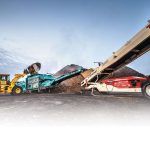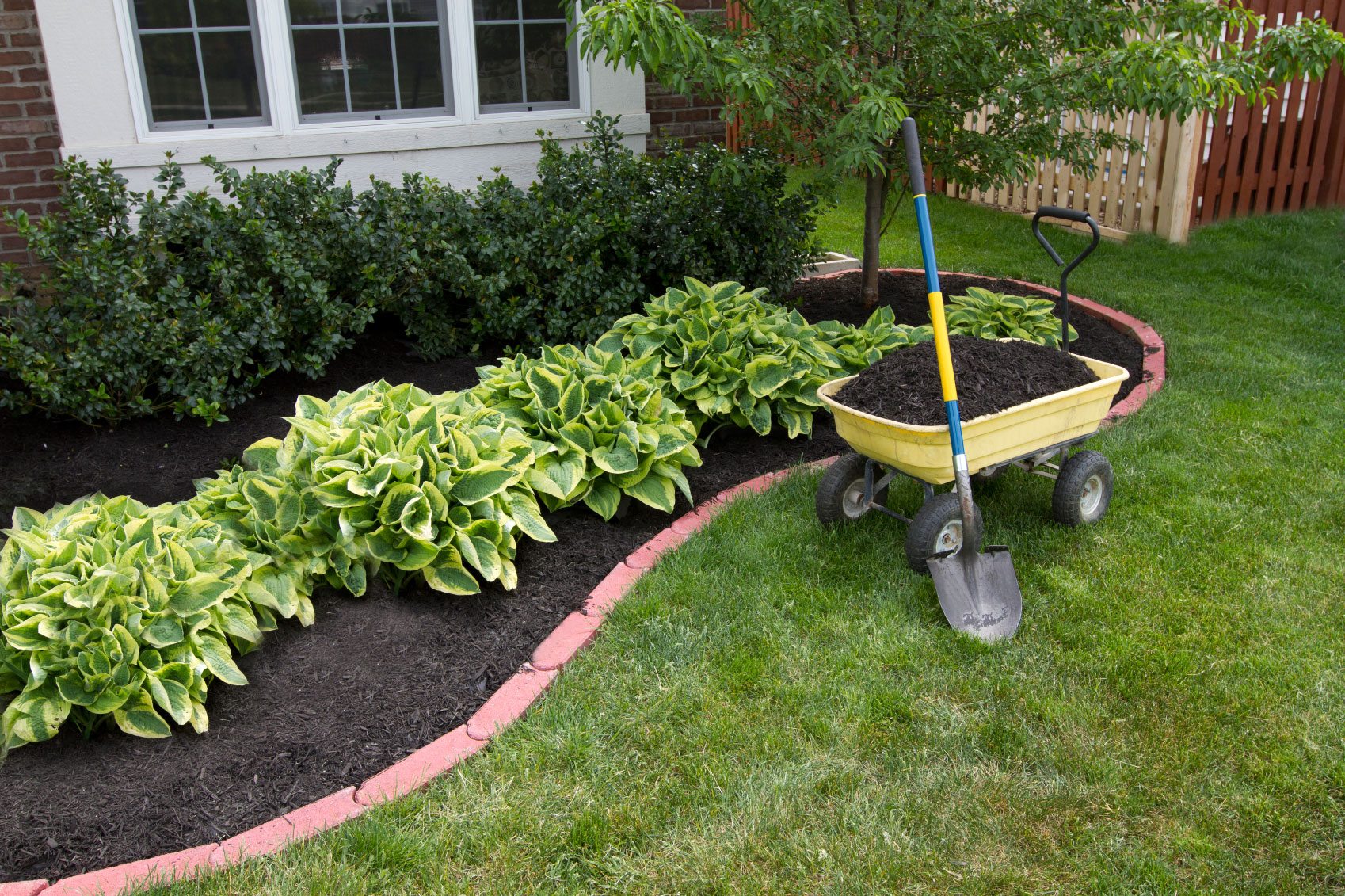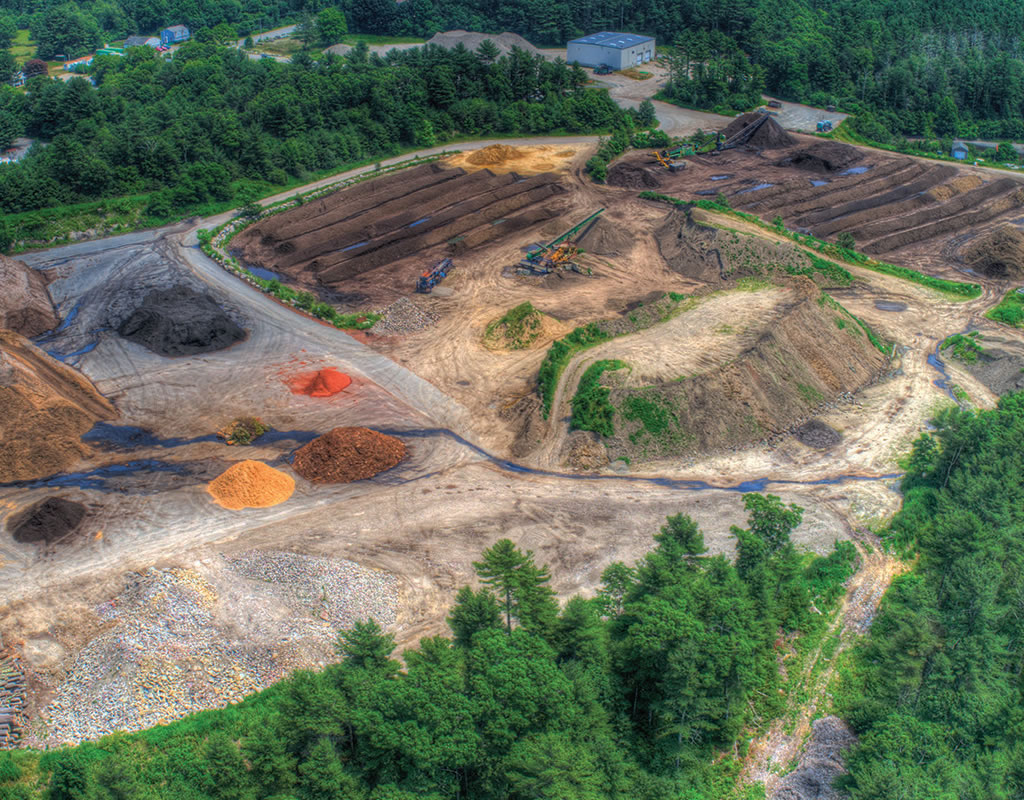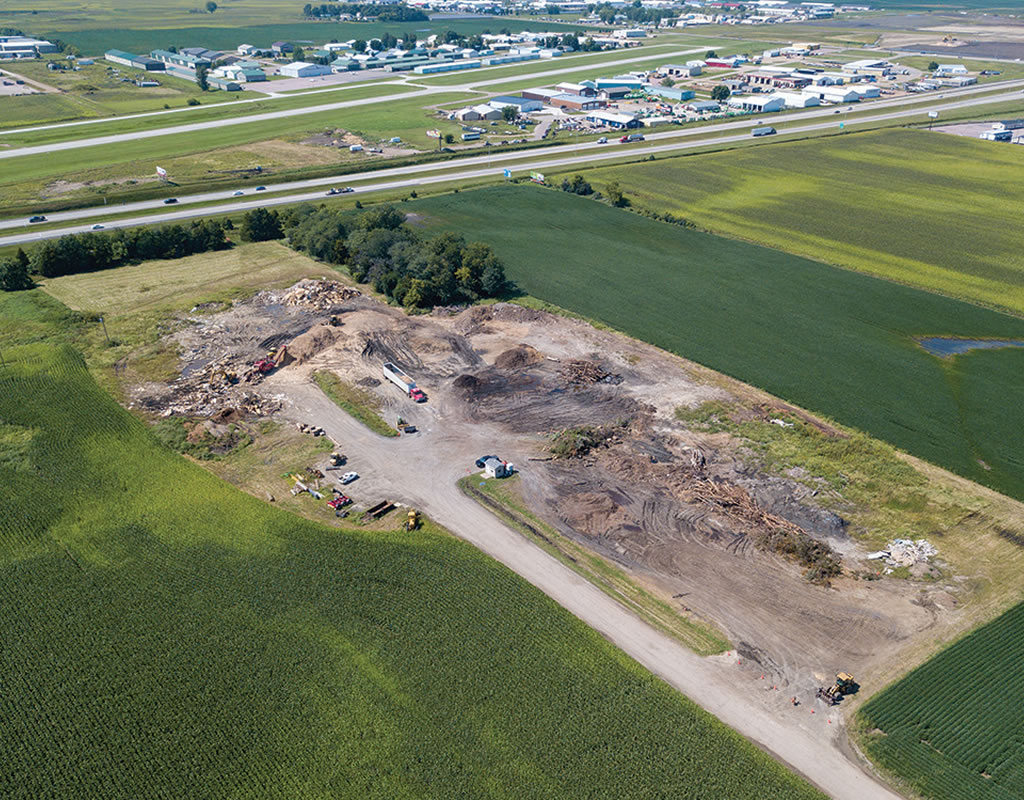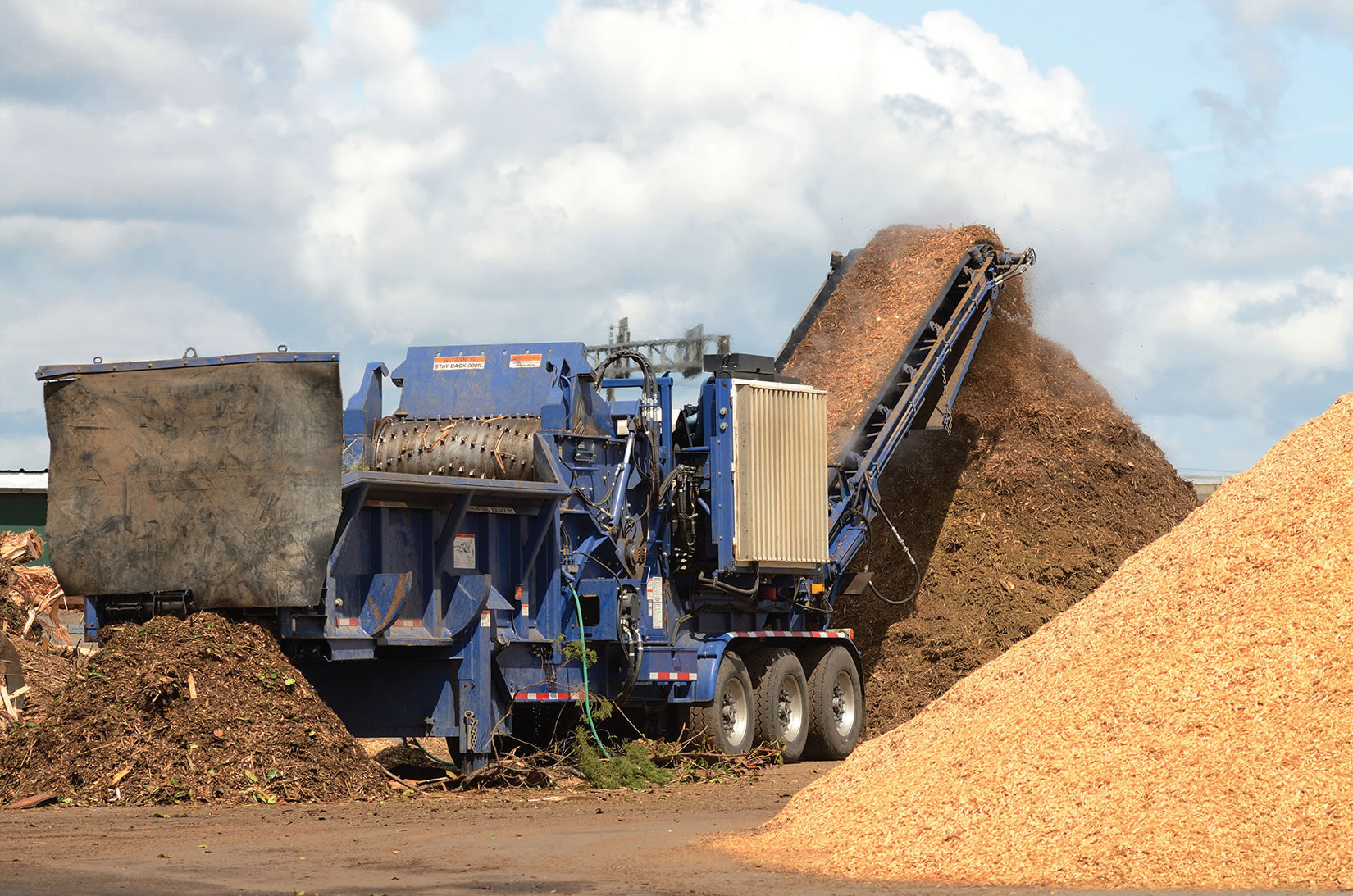By P.J. Heller
The farm-to-table social movement – which promotes serving locally grown food at restaurants and other eateries – is being reverse engineered into a table-to-farm effort that offers benefits to businesses, government and especially the environment.
Among the companies across America flipping the farm-to-table concept is Rust Belt Riders, headquartered in Cleveland., Ohio. It collects food scraps from businesses, restaurants and homes and apartments, composts the material and then turns it into a fertile organic soil that can be used to grow food.
“The idea that we should know where our food is coming from has been gaining prominence,” says Daniel Brown, co-founder of Rust Belt Riders. “And we were asking why people weren’t concerned with where their food would end up going.”
So Rust Belt Riders decided to see if people would be willing to pay a small fee “to have the peace of mind and comfort of knowing their food scraps could be diverted from going to landfills and instead it goes back to some of the farms that are growing the food they would then be consuming.
“We set about to devise a service that would work with businesses and individuals to provide them with an alternative to the over 40 percent of food that ends up going to landfills,” he explained.
Rust Belt Riders, started in 2014, today serves some 200 businesses as well as about 1,800 households utilizing its food scrap residential pickup service or publicly accessible drop-off locations, primarily in Cuyahoga County. An estimated 60 percent to 70 percent of the food waste collected comes from businesses, which include restaurants, nursing homes, health care facilities, universities and grocery stores.
The company diverted some 2.4 million pounds of food scraps from landfills in 2020 and is on target to double that amount this year, Brown predicts. Part of that increase is expected to come from bringing on a regional grocery store chain, as well as restaurants reopening as coronavirus pandemic lockdowns and stay-at-home orders are eased or lifted.
“The pandemic for us was sort of a call to arms for us to figure out how to make our residential service more broadly available,” Brown says. “A lot of people hadn’t made a homecooked meal in years prior to the pandemic. Now that their favorite restaurants are closed or have limited hours, people are cooking at home for the first time in a while.
“When you’re doing that, it’s really difficult to ignore the amount of food waste that occurs through the preparing of meals. When you eat at a restaurant, you don’t have to interact with the food scraps because somebody else cooked for you. When you go to the corporate cafeteria and get your lunch, you don’t have to think about food waste because you eat all the food that’s on your tray, but that might not be the case for what went into making the meal.”
The food scrap pickup service started about nine months ago and has some 400 households signed up. The older drop off service, which covers a larger area, is used by about 1,400 households.
“We’re just grateful we’re part of a community that values and sees the benefits of a service like this,” Brown says.
The company in 2019 was named the small-scale composter of the year by the US Composting Council.
Food scraps collected by Rust Belt Riders are transported to the company’s EPA licensed compost facility in nearby Independence, just south of Cleveland. The 1.5-acre compost facility follows the National Organic Program guidelines from the U.S. Agriculture Department, Brown notes.
On average, it takes from three to four months from the time food scraps come into the compost facility until it ships out as bagged Tilth Soil organic products ready for the garden.
“We knew early on given the size of our facility that doing mass production of cubic yards of compost wasn’t the game we were trying to play or the type of players we were trying to compete with.” Brown says.
Instead, he says, Rust Belt Riders opted to focus on becoming a soil-making company, utilizing compost as the key ingredient in all its blends. The company has 15 employees.
Other companies across the United States also collect food scraps and then sell either compost or compost-soil blends. Among them are Dirt Hugger in Dallesport, WA, and Table to Farm in Durango, CO.
Unlike Dirt Hugger or Table to Farm, Rust Belt Riders does not sell compost, only its Tilth soil blends.
‘It’s one thing to provide a service to people, where you can assure that they are able to divert their food scraps from going to landfills, but in order to make the economics work, in order to serve a broader swath of the population, we realized it was going to be massively important to be creating a really high-quality product from those food scraps,” Brown explains.
The result was the Tilth soils, which are sold in bags and in bulk. They have been shipped as far as Washington State. In addition to being able to purchase its soils via the website, the company is working to establish garden center and retail partnerships.
Soil blends currently available are House, designed for indoor houseplants that need well-draining soil; Grow, a general-purpose soil; Bloom, for indoor cultivation “for the most demanding of plants”; and Sprout, a high-quality seed starting mix that the University of Kentucky Horticulture Research Farm listed as among the top three performing compost-based organic potting mixes available nationally.
All four blends include living compost, Canadian peat moss, gypsum, perlite and blood meal. Sprout, Bloom and House also include coconut or wood fiber and kelp meal, while Bloom, Grow and House each contain bone char. Rock dust is an ingredient in Sprout, Grow and Bloom. Other ingredients in House include sharp sand, glacial rock dust, and paramagnetic basalt.
Brown says composting and soil production allow the company to have the table-to-farm movement reach the farm-to-table movement.
“And therein lies the beautiful circular economy,” he says.
Beside preventing methane emissions from landfills, Brown says producing organic soil can be used to grow more food and diminishes the dependence on artificial chemicals and fertilizers.
Another goal is to reconnect people in a meaningful way to where their food is grown, how it is grown and all that goes into it, which he says should reduce food waste.
Brown says that in Cuyahoga County, there are no city or county mandates for composting, nor are there any tax incentives.
“I think increasingly communities and municipalities have moved to public/private partnerships,” he says. “The more that can be done to incentivize the diversion of food from going to landfills is to the benefit of the planet.”
The company works with governmental agencies and non-profit groups to create awareness of the services it offers. It also does community outreach, speaking with student groups, gardening groups and community-based environmental organizations, among others. It also offers monthly online classes.
“We’re really trying to create a holistic community of people who can see and understand just how significant food and our relationship to it is, not only on community building but the environment and public health,” Brown says.
Looking to the future, he says a larger production facility may be needed as product availability increases.
“We’ve got our plate full with the amount of food scraps we’re currently picking up and we’re barely making a drop in the ocean when it comes to the amount of food waste that’s out there,” Brown says. “If we can capture more food waste and process more food waste, we feel like we’re swimming in the right direction.”
Related News
Subscribe Today
Every other month, Soil & Mulch Producer
News brings you important stories about:
• New Technology
• Products
• Industry News
• Research Studies
Soil & Mulch Producer News features articles and services relevant to your daily operations.




